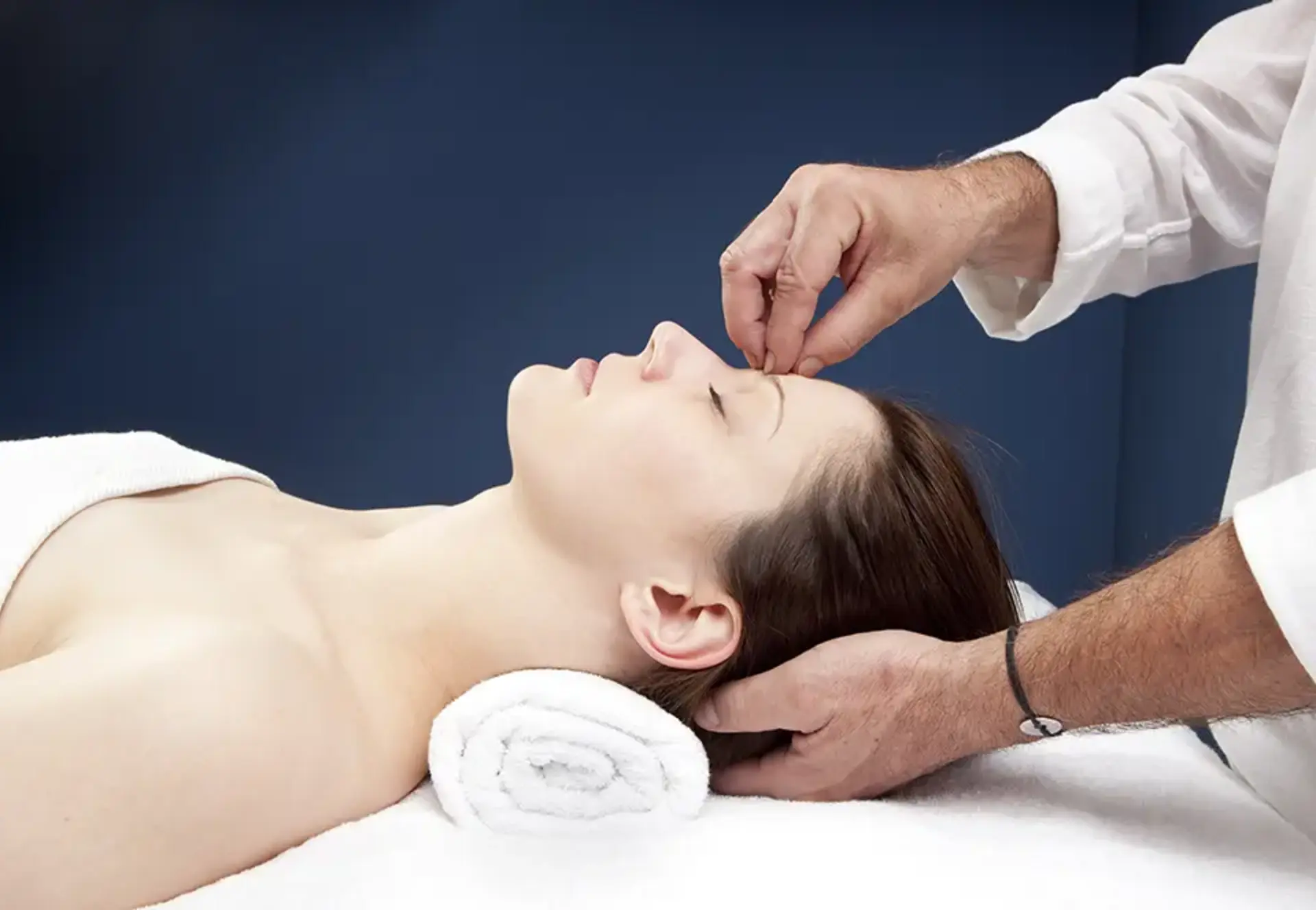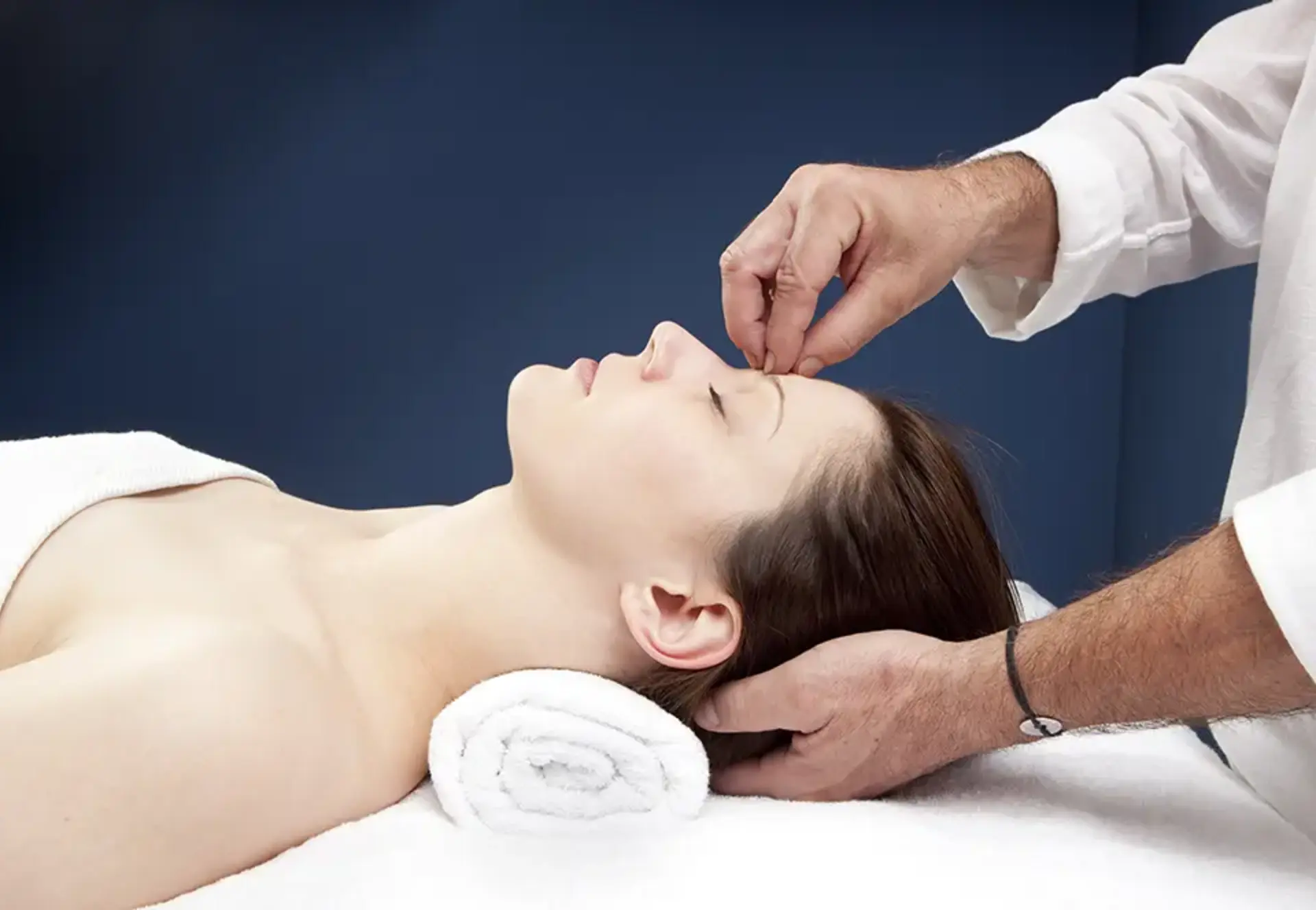


Ayurveda is an ancient Indian tradition known for its holistic approach to health, practised for thousands of years. Ayurvedic practitioners aim to promote health and prevent diseases through balancing the mind, the body, and the soul. Ayurveda offers diverse career paths for those passionate about this ancient healing practice. As its popularity continues to rise worldwide, the demand for skilled professionals in Ayurveda is expected to increase.
Ayurvedic practitioners are classified under the “Other practitioners of natural healing” category with the NOC code 32209 in Canada. According to Canada’s Economic Strategy Tables on Health and Biosciences report, Canada’s health and biosciences sector is projected to double by 2025. This expansion will create numerous opportunities for healthcare professionals, enabling them to excel and thrive in their specialized fields.
Ayurveda is experiencing a surge in popularity globally as people recognise its effectiveness in promoting health and well-being. While many countries have yet to fully recognise this ancient healing practice, Canada stands out as one that acknowledges Ayurveda. If you aspire to become an Ayurvedic practitioner in Canada, completing a Bachelor of Ayurvedic Medicine and Surgery (BAMS) from a reputable institution in India is essential. Additionally, you must adhere to specific guidelines set by the Canadian medical authorities to practice legally and ethically. These steps ensure that you meet the necessary qualifications and regulatory standards to offer Ayurvedic care to patients in Canada.
Ayurvedic practitioners are allowed to establish their practices in Canada. However, adherence to relevant business laws and regulations is crucial to ensure legal compliance. Additionally, obtaining liability insurance is essential to safeguard against potential legal claims or liabilities arising during practice. These measures allow Ayurvedic practitioners to operate responsibly and ethically while mitigating legal risks.
Ayurvedic practitioners primarily provide guidance related to diet, lifestyle, and natural remedies to support health and well-being based on Ayurvedic principles. There are specific rules and guidelines that Ayurvedic practitioners must follow to ensure ethical and safe practice.
To be a responsible Ayurvedic practitioner, it is crucial to start by obtaining adequate education and training from reputable institutions. Following this, one must adhere to Ayurvedic principles and protocols when diagnosing and treating patients. Clear communication with patients is essential, providing them with all necessary information and obtaining informed consent before proceeding with treatment. Collaboration with other healthcare professionals is encouraged when necessary, fostering comprehensive and holistic patient care. Continuous learning through ongoing education keeps practitioners updated with the latest advancements and practices in Ayurveda, ensuring they remain abreast of developments in their field.
Ayurvedic practitioners must refrain from making unsubstantiated claims regarding treatment efficacy and work strictly within their trained expertise. Ayurveda does not encompass surgical interventions. Its focus lies in holistic approaches to health through diet, lifestyle, and natural remedies rather than invasive procedures like surgery. Adhering to ethical principles in Ayurveda involves refraining from fraudulent behaviour, safeguarding patient privacy, and promoting products backed by scientific evidence to ensure patient well-being and trust.
Additionally, practitioners should avoid offering specialised counselling services such as marriage counselling or psychotherapy, focusing instead on Ayurvedic principles of diet, lifestyle, and natural remedies for holistic well-being. Ayurvedic practitioners must adhere to their scope of practice and expertise to guarantee the safety and effectiveness of their treatments.
There are several requirements and considerations for practising Ayurveda in Canada, including:
The practitioners must stay informed, network within the Ayurvedic community, and uphold professional standards.
These skills enable Ayurvedic doctors to provide comprehensive care and support to their patients while adhering to the principles of Ayurvedic medicine.
Ayurvedic practitioners' salaries in Canada are influenced by factors such as experience, education, and geographical location. On average, according to data from Indeed, Ayurvedic practitioners earn approximately $72,000 per year. However, individual salaries may vary based on specific circumstances, with some earning higher or lower amounts depending on their unique professional background and the demand for Ayurvedic services in their area.
Ayurvedic practitioners can find support and resources in Canada through various professional organisations. Two prominent examples include the Association of Ayurvedic Professionals of North America (AAPNA) and the Ayurvedic Association of Canada (AAC). These organisations offer valuable networking opportunities, educational resources, and advocacy efforts to advance the practice of Ayurveda in Canada.
Ayurvedic practitioners must follow ethical and legal responsibilities like any other profession. These include:
Natural healing practitioners in Canada are set to see a surge in demand over the next nine years. To meet this need, the country aims to attract these professionals worldwide. Moreover, it will streamline their path to permanent residency via occupation-targeted Express Entry system draws.
According to the Job Bank, natural healing practitioners are categorised under the National Occupational Classification (NOC) 2021 system with the code 32209. This places them alongside Ayurvedic practitioners and similar occupations. The Job Bank anticipates 36,000 new job openings for these practitioners between 2022 and 2031. These openings stem from both expansion and replacement demand.
The Job Bank federal job-hunting and career-planning website rates job prospects for natural healing practitioners, including Ayurvedic practitioners, differently across Canadian provinces. In Quebec, Manitoba, and Saskatchewan, they receive a top-ranking "very good," while Ontario, Alberta, and British Columbia are rated "good."
Ontario conducted a new draw through its Express Entry Human Capital Priorities stream, targeting healthcare occupations for professionals who want to migrate to Canada. The draw, held on February 6, issued 2,086 invitations to candidates with CRS scores ranging from 379 to 430. Selected candidates receive a Notification of Interest via the IRCC account and have 45 days to submit a complete application. This draw underscores the province's emphasis on healthcare jobs, with more invitations expected in the future.
Previously, the flagship Express Entry selection system focused solely on draws based on immigration programs rather than targeting specific occupations. However, IRCC has now expanded its scope to include natural healing practitioners, paving the way for a new immigration pathway for them. This inclusion offers candidates a promising opportunity to immigrate through Express Entry occupation-targeted draws.
The recent changes in late May 2023 have made the Express Entry streams, which include the Federal Skilled Worker (FSW) program, Federal Skilled Trades (FST) program, and Canadian Experience Class (CEC), more responsive to labour market needs. Additionally, parts of the Provincial Nominee Programs (PNP) have also been adjusted to better align with current job demands. For additional information regarding your job title, eligibility, and other requirements, please visit the official Canadian website or reach out to ImmiLaw Global for further support.
To be eligible for the healthcare category in the Express Entry system, you must meet the following criteria:
In conclusion, Ayurveda remains a significant complementary and alternative health practice in Canada despite lacking formal recognition as a nationwide health profession. While regulations governing Ayurvedic practice may vary among provinces, individuals interested in practicing Ayurveda in Canada should familiarise themselves with the specific rules applicable to their region. Furthermore, with the current adjustments in Express Entry streams and the migration process, Ayurvedic practitioners can benefit from improved opportunities now and in the years to come. Ayurveda continues to provide valuable holistic health options for individuals seeking alternative approaches to wellness in Canada.
Ans: Ayurveda is currently not regulated as a standalone complementary healthcare modality in Canada. However, its scope may vary depending on the province. Additionally, migration to Canada as an Ayurvedic practitioner is possible, but navigating the regulatory and immigration processes is necessary.
Ans: Yes, transferring a BAMS qualification may be possible, but it depends on the specific regulations and requirements of the destination country or institution.
Ans: You must meet specific educational, licensing, or examination criteria for transferring your qualification to the country or institution where you intend to practice. Also, you may contact regulatory bodies for guidance, gather necessary documentation, and be prepared to fulfil language proficiency and examination requirements. Follow the application process outlined, await a decision, and ensure compliance with local regulations upon approval.
Ans: AAC stands for the Ayurveda Practitioners Association in Canada. Its benefits for members include group professional liability insurance rates and support through conferences, webinars, and other resources.
Ans: Visit the AAC website to apply for membership and learn about benefits. You may also contact us for further assistance.
Ans: Yes. To be recognised as an Ayurvedic Practitioner by AAC in Canada, a minimum of 500 hours of education with a reputable school is required. Certified AAC professional members must meet high educational and ethical standards.
Ans: Insurance requirements vary by province. Contact local insurance brokers for details. AAC offers group rates on professional liability insurance for its professional members
Ans: AAC does not provide immigration support for Indian Vaidyas. Follow local channels in India to initiate the immigration process. Once legally entitled to work in Canada, AAC can offer peer support and guidelines for practice.
Ans: Begin by researching accredited Ayurvedic certification programs and familiarising yourself with regulatory requirements. Obtain the necessary education and training, then network with practitioners and explore job opportunities. Stay updated on industry trends and continuously enhance your skills through ongoing education.
Ans: Ayurvedic professionals in Canada have opportunities to educate the public, train other health professionals, or integrate Ayurveda into existing healthcare practices. Licensed practitioners can also incorporate Ayurvedic studies into their professions.
If you have any concerns or need assistance regarding requirements, documentation, or the application of Ayurvedic practitioner roles, including creating Express Entry profiles, feel free to reach out to us. ImmiLaw Global has a team of highly proficient immigration lawyers and overseas study experts dedicated to ensuring a seamless immigration journey for you. Contact us anytime for personalised support and guidance.
Read To Know: How to Become a Holistic Health Practitioner in Canada?